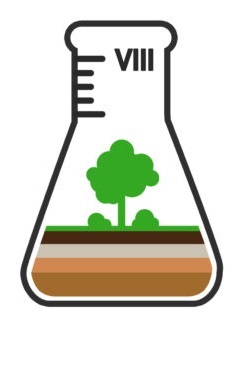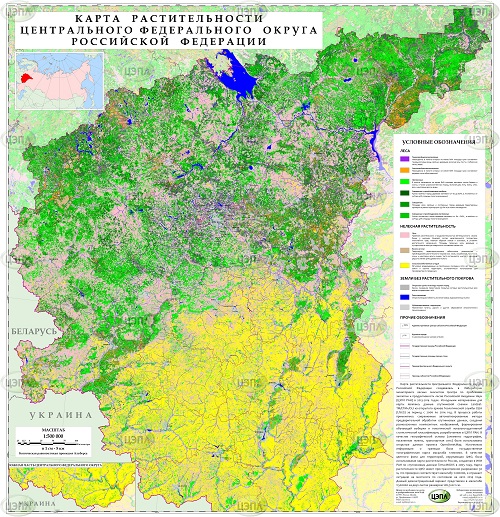The optimization of Russian forests protection and use as an element of Russia’s NDC under Paris Agreement
CEPF RAS and WWF Russia held a workshop “The optimization of Russian forests protection and use as an element of Russia’s NDC under Paris Agreement” on March, 29 2016. The director of CEPF RAS Lukina N., Zamolodchikov D., Grabovskiy V., Kraev G. took part in the workshop. Representatives of the Ministry for Natural Resources, Ministry of Economic Development, embassies, scientific and non-governmental organizations, private and state companies of forest and other industries took part in the workshop.
The role of forest management in Russia’s NDC realization and challenges for forest management adaptation to climate change were discussed. The adopted Paris Agreement doesn’t prevent forest carbon stock accounting. Russia’s managed forests are fully accounted in national GHG inventory by methodologies developed in CEPF RAS. Beyond Russia makes first steps towards domestic carbon accounting system by economic entities. Forest management activities, e.g. forest lease for carbon sequestration could provide companies both emissions reduction and “green” image with economic effect according to A. Stetsenko (MSU). The interest in increasing the stock implies improvement of such forests protection and other activities on adaptation to climate change. Published data shows that climate change has positive impact on trees growth only when the moisture regime isn’t disturbed, according to G. Kraev.
In regions with active forest use the climate signal is not evident but on one side fires, drying out sites, etc. are observed more frequently, on the other side the temperature is rising and amount of precipitation changes. Adaptation issues are tightly linked to forest management improvement in Russia. Both adaptation measures and carbon inventory are linked to forestry-related regulatory framework improvement, the improvement of fire and disease control, long-term and mid-term planning taking into account scientific findings and best practice. V. Grabovskiy demonstrated that European experience of reducing rotation age would not lead to forest carbon stock increase in Russia although it favours old-growth forests conservation. There are means for optimizing forest management practice accounting resource and climate regulating functions of the forest cover and there are interested stakeholders.










